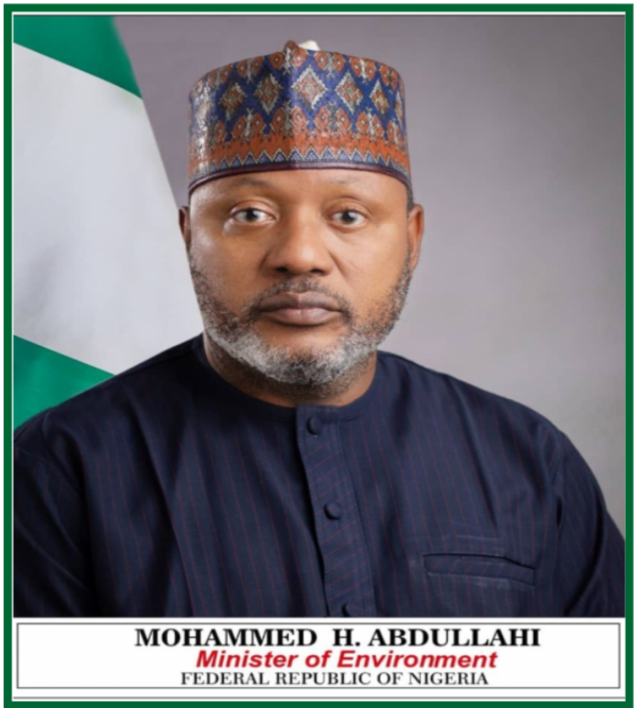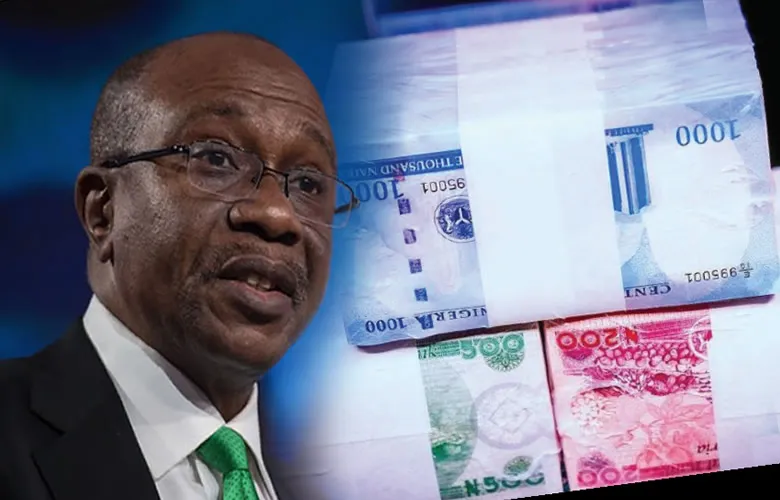Presidential Ticket: How Governors will determine APC candidate
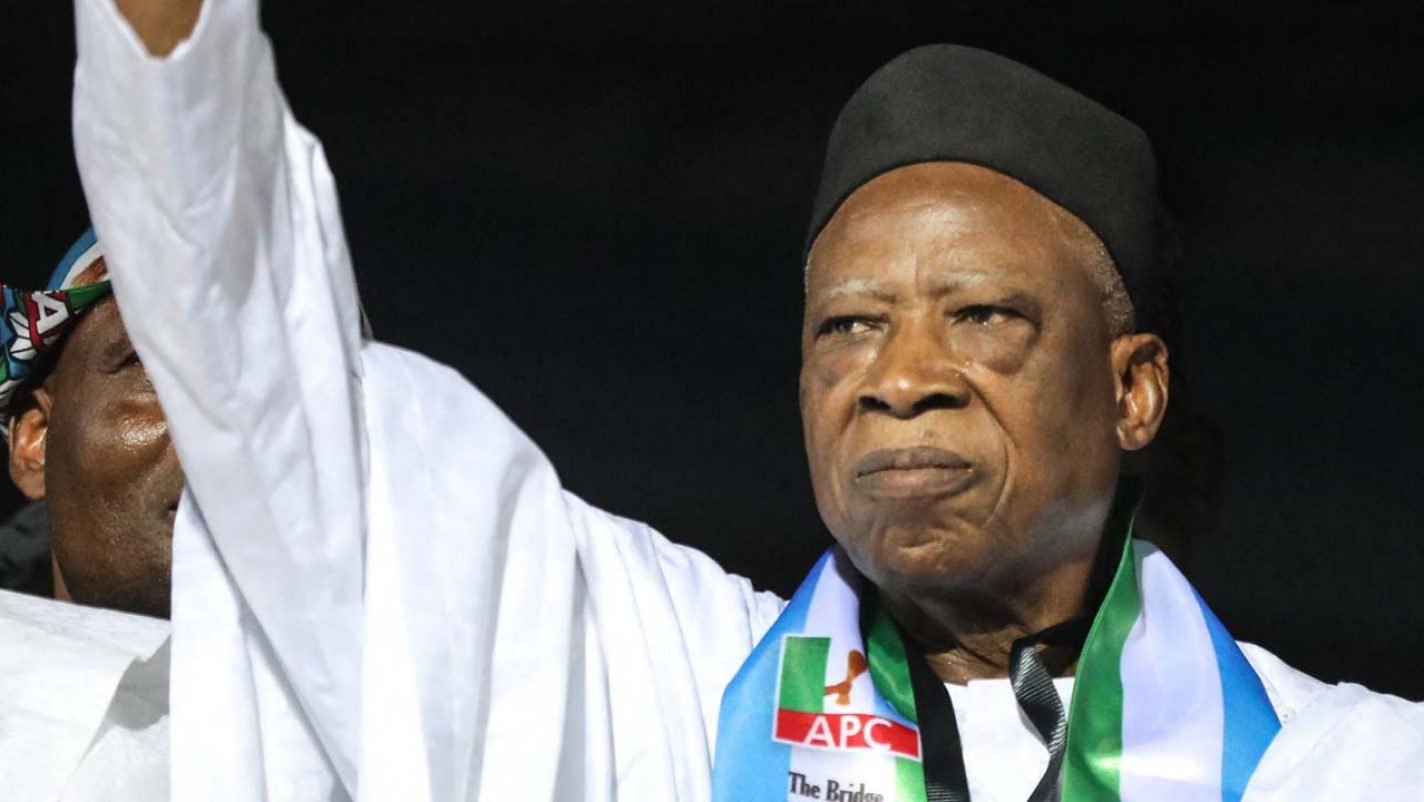
Theophilus Abbah
Before the March 26 national convention of the All Progressives Congress (APC), all executive positions had been shared among the six geopolitical zones. Delegates from all the 36 states of Nigeria and the Federal Capital Territory (FCT) converged on Abuja, creating political excitement and generating annoying vehicular traffic. The party’s executives were being elected, but by consensus, as governors had vehemently opposed direct and indirect primaries. Some persons, believed to have been nominated by President Muhammadu Buhari for executive positions out of the 22 slots, expected a smooth ride to the party’s powerful National Working Committee. They included former Governor Abdullahi Adamu, as National Chairman, former Senate President Ken Nnamani, as Deputy National Chairman (South), Farouk Adamu Aliyu, as Deputy National Chairman (North), and former National Secretary Architect Waziri Bulami, as National Organizing Secretary, and a couple of others.
Between sunset on March 25 and sunrise on March 26, the hopes of ‘Buhari’s candidates’ were blown off by the whirlwind called governors’ candidates. Apart from former Governor Abdullahi Adamu who made it to National Chairman, various state governors replaced Buhari’s candidates with their own loyalists. For instance, Imo State Governor Hope Uzodimma brought in Chief Emma Eneukwu, from Enugu State to displaced Ken Nnamani; Osun State Governor Oyetola, brought in controversial Otunba Iyola Omisore; Kebbi State Governor Atiku Bagudu struck out Architect Bulama’s name and brought in Suleiman M Argungu as National Organizing Secretary, and for Deputy Chairman (North), Farouk Adamu’s name was removed; in its place was Senator Abba Kyari, nominated by either former Governor Kashim Shettima or Governor Babagana Zulum of Borno State.
Below is the list of the 22 main National Working Committee members out of the 77 elected through consensus.

With the consensus arrangement, the huge delegates who risked their lives to travel from all wings of Nigeria to Abuja made the trip in order to earn allowances from their state governors or political heavyweights in the APC. They had no say in the choice of the national party’s leadership. Under an actual democratic system, all delegates to the convention ought to have voted from among aspirants or candidates for the 22 party positions. Appointed by state governors, the National Working Committee members cannot be independent-minded; they are the eyes and ears of their benefactors, and they may be under obligation to ensure that decisions that would contradict the political interest of their benefactors do not sail through. The NWC may become a comical house of commotion.
Governors and 2023 APC presidential candidates:
Recognizing the central role that they will play in the choice of the party’s next presidential candidate, frontline aspirants, like the party’s national leader Bola Ahmed Tinubu, Vice President Yemi Osinbajo, and Minister of Transport Chibuike Amaechi, are courting state governors in diverse ways. Apart from his meeting with select governors after breaking fast during Ramadan, Vice President Osinbajo visited the Chairman of the Northern Governors’ Forum, Alhaji Abubakar Sani Bello, governor of Niger State on April 29, 2022, in Minna.[i] In the 2023 election, the northern part of the country, which commands a large voting population could determine victory for any presidential candidate. Tinubu also met with governors on April 11, 2022, a few hours after Osinbajo met with 10 state governors.[ii] Transport Minister Amaechi also took his campaign for endorsement to Jigawa State to meet influential Baduru, but it was not clear if he received a very positive response.[iii]
For any of the over 20 aspirants who bought the party’s nomination forms to clinch the prized APC ticket, he must satisfy the insatiable thirst of the party’s governors – and convincingly. Knowing that they hold the knife and the yam, the governors would prefer one from among their ranks as successor to Buhari in 2023. And this is possible, as Governors Kayode Fayemi of Ekiti State, Ben Ayade of Cross River State, and Dave Umahi of Ebonyi State, have variously indicated an interest in contesting for the presidency, which may have been zoned to the South. Governor Fayemi, a leading contender for that position, being the Chairman of the Nigerian Governors Forum, could garner enough support from his colleagues for the ticket.
It is believed that those around him flew the kite of Central Bank of Nigeria governor, Godwin Emefiele, and former President Goodluck Jonathan, as the president’s preferred aspirants.
Governors may insist on the vice-presidency
Aware of their central role in the forthcoming presidential elections, the vice-presidential candidate of the APC could determine who wins the party’s ticket, and such candidate may have to come from among the rank of governors. Some governors who are suspected to be interested in being vice-president include the following: Governors Baduru of Jigawa State, Bagudu of Kebbi State, Nasir el-Rufai of Kaduna State, Abdullahi Ganduje of Kano State, Mai Mala Buni of Yobe State, Babagana Zulum of Borno State, Sani Bello of Niger State, Simon Lalong of Plateau State, and even Abdullahi Sule of Nasarawa State. If none of the APC governors gets the ticket, other contenders for the presidential ticket must be strategic about their choice of deputy, as that would determine the support they would receive from the majority of APC governors. For some governors who would support Tinubu, the idea of a Muslim-Muslim ticket does not scare them, and they allude to the 1993 election in which a Southern Muslim paired with a Northern Muslim and still won the election.
Why delegates can’t determine who gets the presidential ticket:
The APC has said its presidential candidate would emerge through indirect primary elections, though its also thinking of a consensus candidate, which may not be acceptable to some stakeholders. An indirect primary election means party officials from states shall be voting to choose the presidential candidate. These officials include the party’s local government and state officials, national working committee members, state and National Assembly members, ministers, commissioners, and some appointees in states. Incidentally, all these officials were appointed or supported for election by governors. Therefore, as delegates, these party members may vote at the primary election based on the instructions of their masters – state governors. In the history of indirect primary elections in Nigeria, delegates’ votes had been closely monitored by their governors, and those who erred by voting against the wishes of governors have been identified and sanctioned. In the next indirect primary election, the North has an upper hand, however, based on the following data:
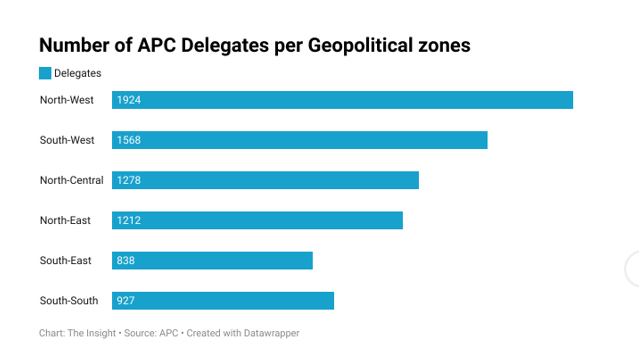
As a result of the preponderance of delegates from the North, presidential aspirants are found courting northern governors, more than they appeal to southern governors. Some now court traditional rulers who are believed to have a measure of influence over state governors, soliciting for their support.[iv] They are not in doubt of the fact that traditional rulers cannot influence delegates, but traditional rulers could talk to governors to support an aspirant they favour.
Can APC win the 2023 presidential election?
Insiders in the APC are worried about the challenge posed by the Peoples Democratic Party (PDP), as they go into the elections, as APC has a very bad credential in tackling insecurity and in managing the economy. Ordinarily, the APC should be voted out of power, but this may not be very straightforward for several reasons. First, the APC controls 22 of the 36 states in Nigeria. If the governors of these states are united behind the party’s candidate and are prepared to fund the elections – with all the embedded corruption and malpractices – the ruling party could retain the presidency. But this would depend on what the presidential candidate would pledge to each of the second-term governors. It is expected that governors ending their second term in 2023 could negotiate and extract commitment for juicy ministerial positions from the incoming president, or even seek a thoroughfare into the Senate. In essence, most governors would pull off the toga of ‘Your Excellency’ and become either ‘Distinguished’ or ‘Honourable Minister.’ It is possible that negotiations along this line are ongoing as the party works toward the indirect primary elections.
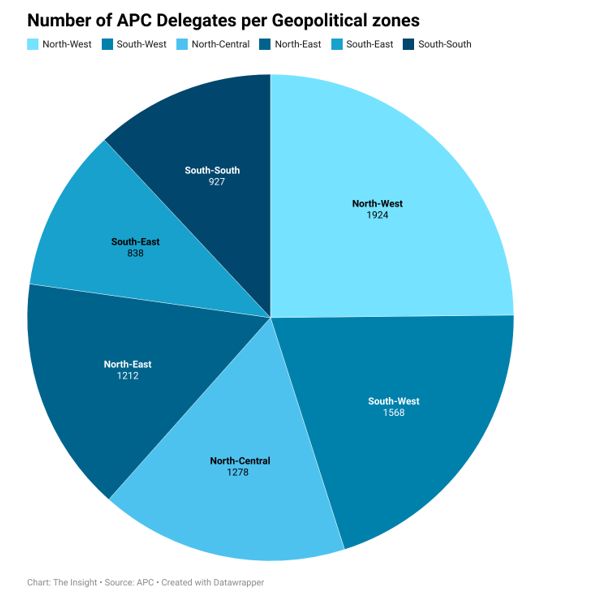
Buhari, governors, and the next presidential candidate:
President Buhari said in January that he had a preferred candidate, but would not disclose his name because it would endanger the future president’s life[v]. His position has created a room for those close to the president to shop for aspirants and keep the nation guessing. It is believed that those around him flew the kite of Central Bank of Nigeria governor, Godwin Emefiele, and former President Goodluck Jonathan, as the president’s preferred aspirants. However, these names keep fizzling out soon after they are mentioned. When the Minister of State for Education, Chukwuemeka Nwajiuba, emerged from the dark to purchase the nomination form last weekend, even ahead of Vice President Osinbajo, it was speculated that he was the dark horse. The president recently came out to declare that he has no preferred candidate as his successor. However, it is apparent that the influence of the president over governors is waning for two reasons: the president is outgoing, so at the time of the election, he may not effectively compel governors to bow to his preferred candidate at the polls. In 2007, former President Olusegun Obasanjo did not hide his support for the late Umaru Yar’adua as his successor after two terms, and even governors who were not happy about Obasanjo’s preference had no choice but to support Yar’adua’s candidacy. It does not seem as if Buhari will openly declare his preference for any of the candidates soon.
The scenario of a presidential candidate emerging through consensus, instead of through a direct or indirect primary election, may even spell doom for APC if the ‘lucky candidate’ does not fit into the collective agenda of state governors.
Secondly, Buhari may not use funds from the federal purse to sponsor any presidential candidate’s election, though the APC could dubiously compel all heads of Ministries, Department, and Agencies (MDAs) to raise funds from their coffers for the election of its candidate in 2023. On the other hand, governors who still expect positions in the next administration may demonstrate more commitment by bringing out money to fund the campaign for Buhari’s successor. It is, therefore, feared that even the ‘president’s candidate’ (if there will eventually be one), or the party’s consensus candidate, may be at a disadvantage if such a person is not the choice of governors. If Buhari insists on such an aspirant, governors who control delegates could vote out Buhari’s candidate at the indirect primary election. Worse still, the party could implode, to the advantage of Tinubu, Osinbajo, Amaechi, or any aspirant who negotiates effectively with state governors. The scenario of a presidential candidate emerging through consensus, instead of through a direct or indirect primary election, may even spell doom for APC if the ‘lucky candidate’ does not fit into the collective agenda of state governors. The situation may be more catastrophic if the outcome of the primary election leaves a bitter or sour taste in state governors’ mouth. In that case, every one of them would begin to plot his own strategy, after all, every governor has his own individual agenda, separate from that of the APC.
[i] This was reported by many newspapers: 2023: Osinbajo in closed-door talks with Niger Governor, Bello in Minna – Daily Post Nigeria
[ii] This reports the rivalry between Osinbajo and Tinubu on meeting governors: Tinubu meets 12 APC governors — after Osinbajo met with 10 over his presidential bid | TheCable
[iii] 2023: How governor who hosted Amaechi avoided endorsing him | Dailytrust
[iv] 2023: Amaechi begins consultation, visits Emirs of Kano, Bichi, Daura | Dailytrust
[v] Buhari: why I won’t disclose my preferred 2023 candidate – The Nation Newspaper (thenationonlineng.net)
Theophilus Abbah can be reached via theoabbah@gmail.com.
The Insight Report
Nigeria Coverage


